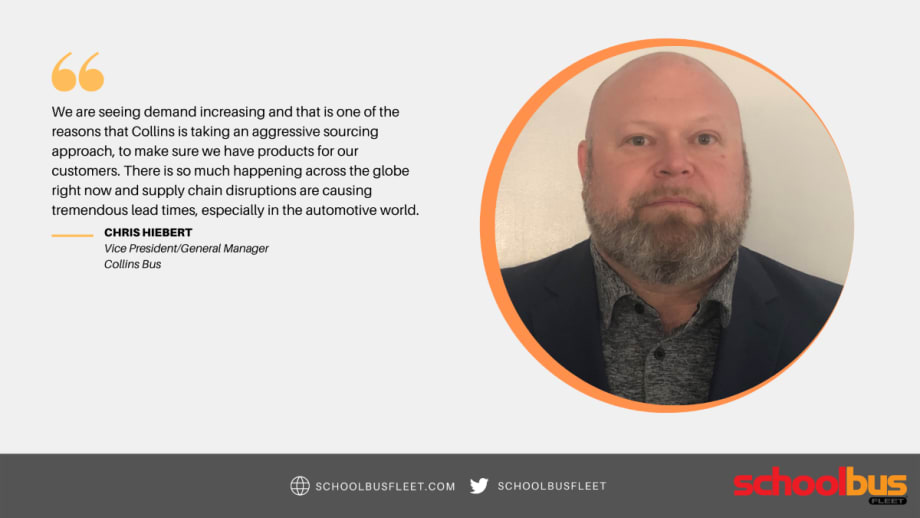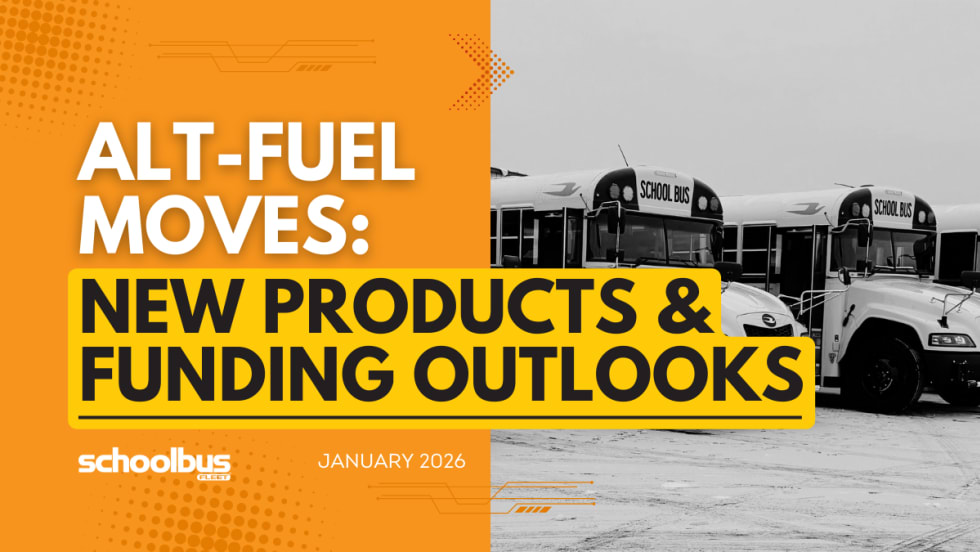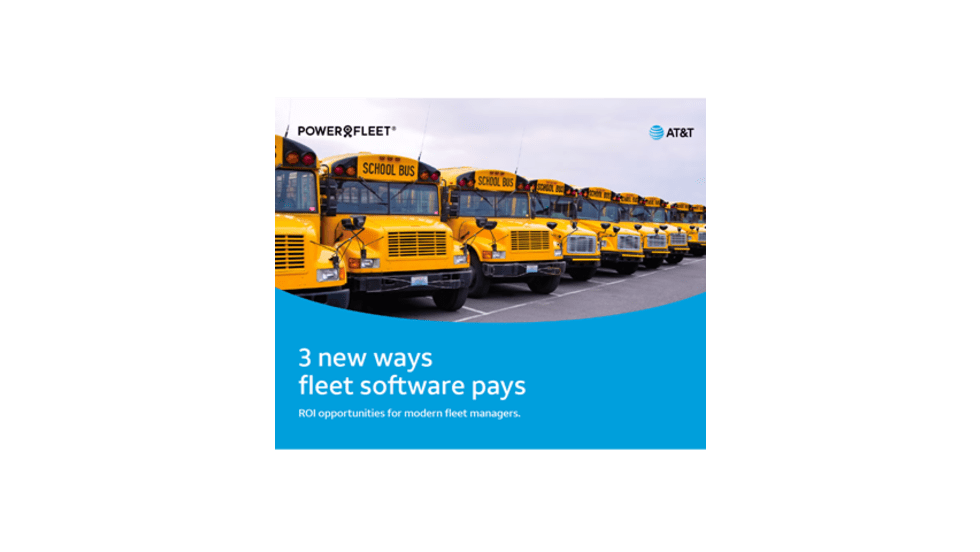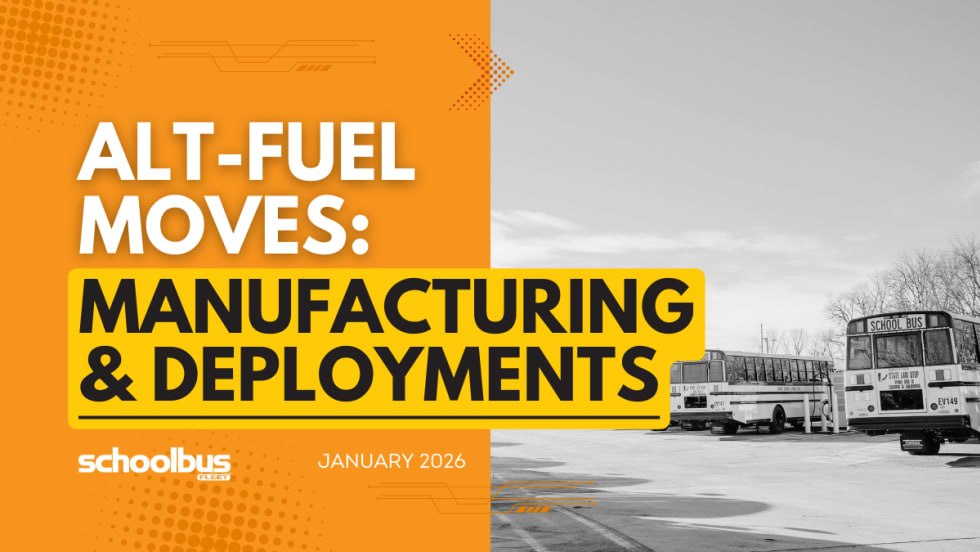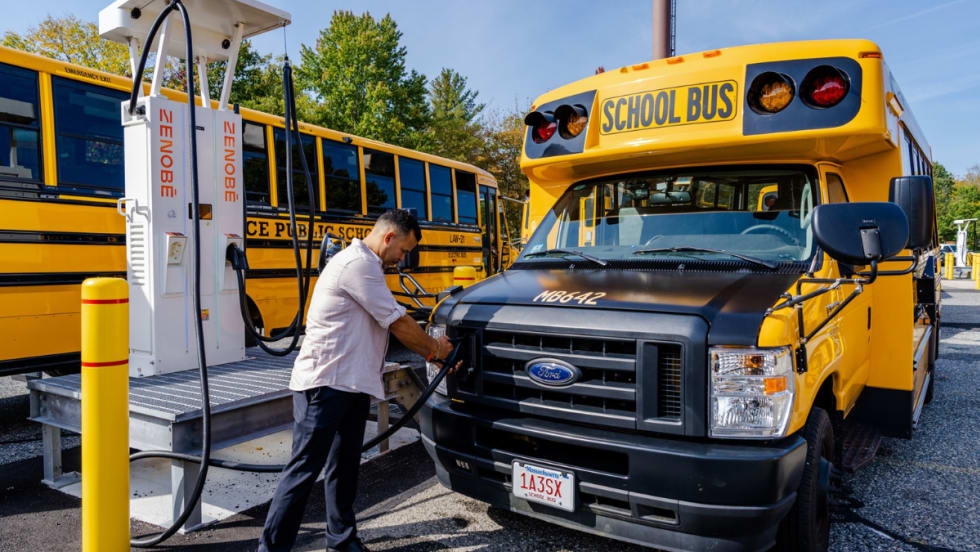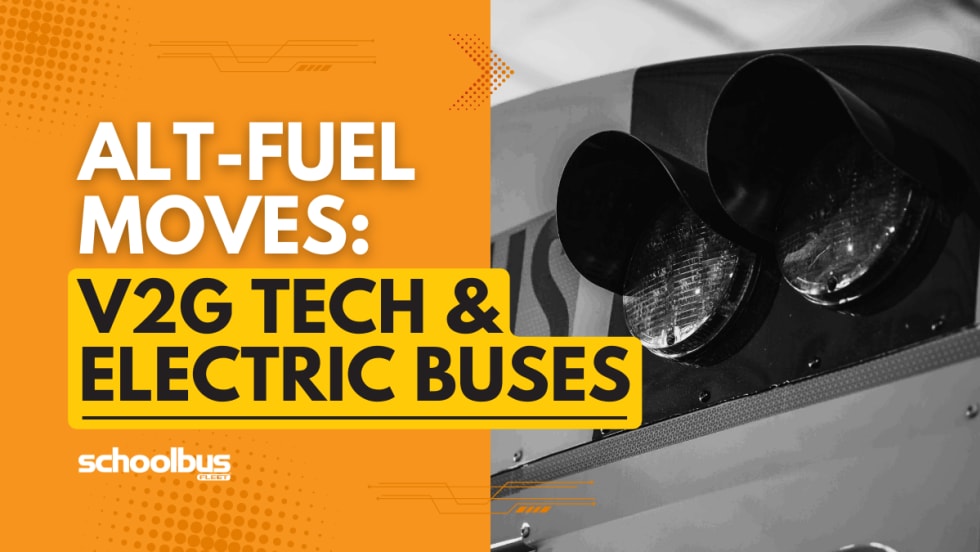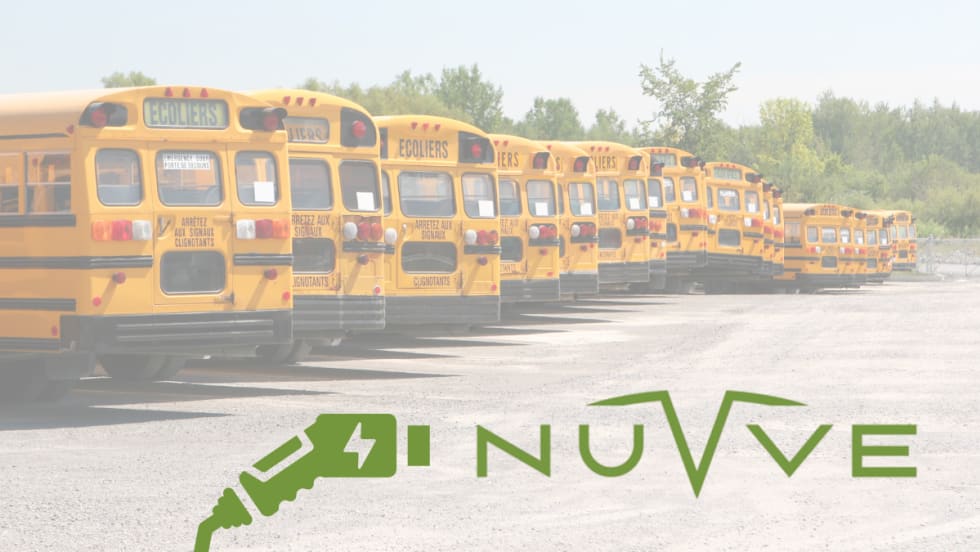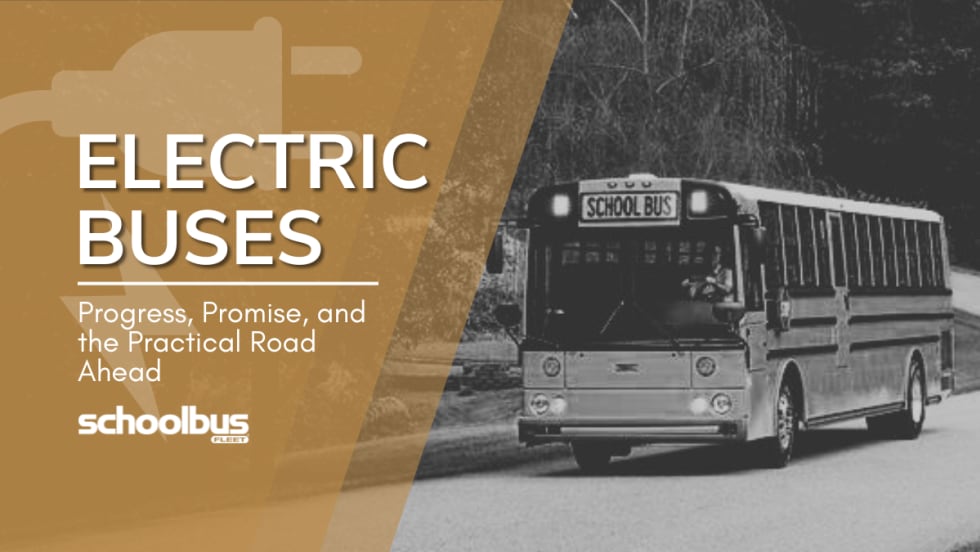From building new factories to pushing to reclaim momentum lost during the pandemic shutdown of 2020, electric school bus manufacturers are rolling forward with ambitions to make their vehicles more accessible and affordable.
Those ambitions could get a boost thanks to the federal government in August passing bipartisan infrastructure legislation, which includes billions of dollars for electric and low-emission school buses.
School Bus Fleet asked several manufacturers to give their forecasts for the coming year as we emerge from the COVID-19 pandemic:
SBF: How would you assess school bus industry market conditions for 2022?
Chris Hiebert: It feels much like the push from built up demand everyone thought we would get at the end of 2020 is just now happening. We are seeing stocking orders return in normal quantities which is a good indication that old inventory is moving out and demand is returning.
SBF: What kind of feedback has your company received at demonstrations/deployments of its electric bus?
Hiebert: More and more info is being requested daily. We are just now starting to be able to see customers in person again, so I look forward to in-person tradeshows and onsite visits to customers to share our products. So far, feedback has been enthusiastic and interest in the Collins EV products is growing rapidly.
SBF: In August, the U.S. Senate passed the bipartisan Infrastructure Investment and Jobs Act, which includes $5 billion for electric and low‐emissions school buses. How do you think the increase in funding will impact the transition to zero‐emission/electric buses for school transportation?
Hiebert: States that have been slower to adopt EV are starting to pursue zero emissions and gain knowledge of what is available in the market. As more and more funding is made available, it will help accelerate pockets of the country that have not been focused on EV, as well as encourage more utility companies to get involved.
SBF: With more funding available comes an increase in demand. How is your company working to meet the increasing demand for zero‐emissions/electric buses?
Hiebert: We are seeing demand increasing and that is one of the reasons that Collins is taking an aggressive sourcing approach, to make sure we have products for our customers. There is so much happening across the globe right now and supply chain disruptions are causing tremendous lead times, especially in the automotive world. By diversifying our supply chain, we hope to improve our delivery and help ensure our customers have the buses they need when they need them.
SBF: What lasting impacts do you think the COVID‐19 pandemic will have on the manufacturing side of school transportation? Particularly for electric school buses?
Hiebert: I believe we will continue to see companies embrace work from home and continue to collaborate remotely, while inside factories many of the social distancing strategies could lead to more automation. Wearing masks more often and deploying disinfecting applications both to product and to manufacturing spaces may all become more frequent long term.
SBF: How is your company addressing performance concerns, such as surmounting hilly terrain and coping with cold weather impacts on batteries and regenerative braking?
Hiebert: Collins has worked with our expert suppliers to combat problems such as climate fluctuation and hilly terrain with Hill Hold features and programmable regenerative braking, making backsliding on inclines or navigating through inclement weather easily adjustable.
SBF: What other kinds of changes or new developments do you see in the coming years for the industry?
Hiebert: We will see a progression of technology both fuel cell and battery electric products taking shape and costs for these technologies coming down. Post COVID technologies such as Far UVC lighting and various antimicrobial surfaces will play a big part in the future of pupil transportation.
SBF: Are there any new developments at your company that you would like to share?
Hiebert: Our latest developments are our EV products and we are excited to see the products hit the streets. In addition to our Collins EV School Bus, we continue to innovate our products so that we can provide the safest and most efficient bus on the road.




